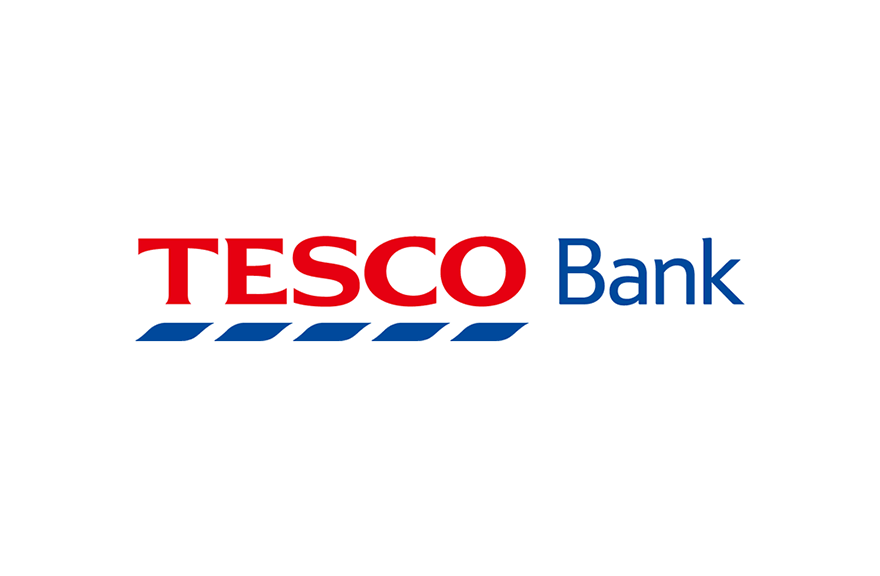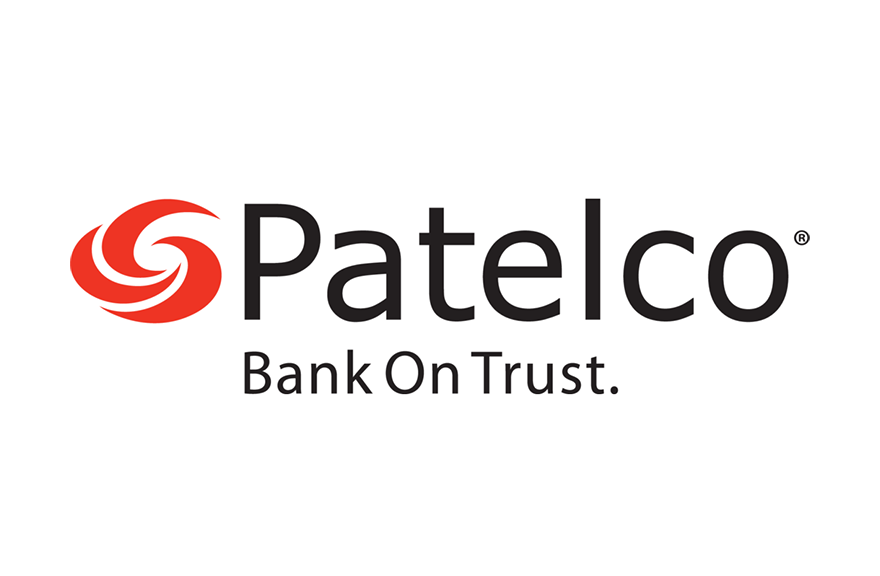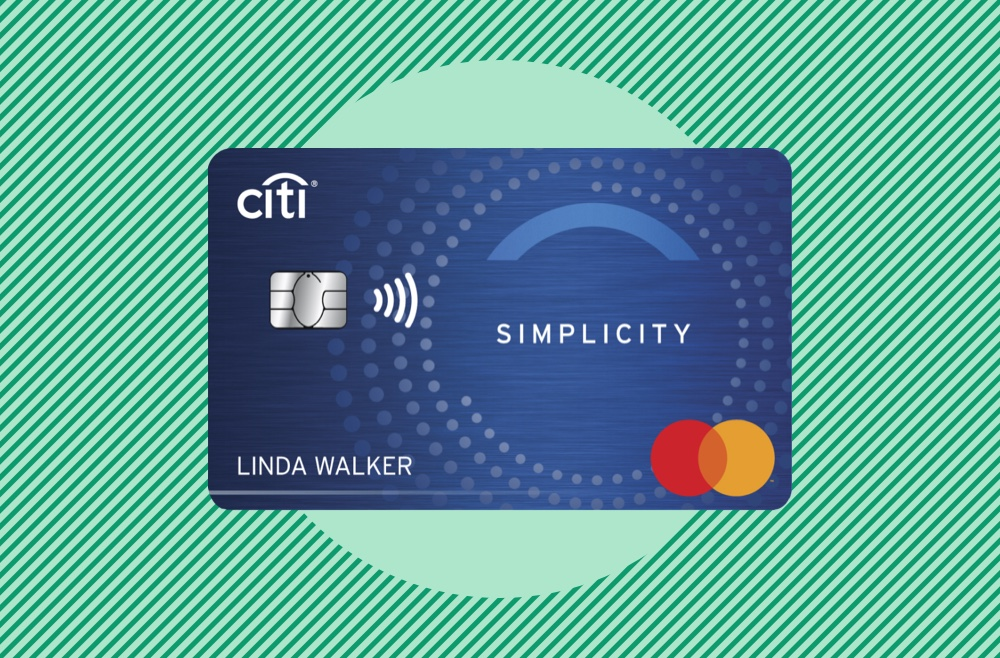Looking for a personal loan? Find out how to get the best one here!
Discover the crucial steps customers must adhere to in order to secure the finest personal loan. Explore the guidelines on selecting the optimal loan for you!
A personal loan can provide substantial benefits, allowing borrowers to achieve their goals, whether it’s financing a home improvement, obtaining a college degree, making major purchases, or even easing monthly expenses. However, choosing the right loan option can be a challenging task, considering the long-term impact it will have on your financial life. That’s why this article aims to guide you through the essential factors to consider when searching for a personal loan.
To begin with, it’s crucial to understand how a personal loan works. Personal loans can be obtained from banks, credit unions, or online lenders for personal use. These loans can be secured, requiring collateral, or unsecured, based on the borrower’s creditworthiness. The loan amount can range from a few hundred to millions of dollars. However, it’s important to note that personal loans involve various fees, terms, and essential information that borrowers should be aware of.
When looking for a loan, you will come across different features offered by lenders, including the loan amount, repayment terms, fees, and benefits. It is important to carefully evaluate these features as they can vary significantly from lender to lender. Moreover, it is crucial to choose a reputable lender that will handle your personal information securely.
One important factor to consider is the purpose of the loan. While a personal loan is ideally used to achieve specific goals, such as pursuing a college degree, some individuals may use it to settle debts, cover unexpected medical expenses, or bridge income gaps. However, it is recommended to use a loan as a last resort when facing financial difficulties. If you’re unable to meet basic expenses, taking on additional debt may strain your budget even further. Therefore, it’s important to assess your financial situation and ensure that you have the means to comfortably repay the loan.
Another aspect to consider is whether you should opt for a secured or unsecured loan. Secured loans require collateral, which is an asset that the borrower pledges as security. Common types of collateral include real estate, vehicles, and investments. These loans are less risky for lenders and typically come with lower interest rates. On the other hand, unsecured loans do not require collateral and are approved based on the borrower’s creditworthiness and income. Unsecured loans carry higher risk for lenders and, therefore, generally have higher interest rates.
Loan fees are an additional expense to be mindful of when applying for a personal loan. It’s important to understand and factor in these fees, as they can significantly impact the cost of the loan. Common fees include application fees, origination fees, late payment fees, and prepayment fees. Application fees are charged by the lender before reviewing the loan application. Origination fees cover administrative costs related to the loan application, and late payment fees are imposed when payments are not made on time. Prepayment fees are charged when a borrower repays a loan before the scheduled repayment date. These fees can vary among lenders, so it’s essential to be aware of what fees each lender charges.
The length of the loan is also a crucial consideration. Repayment terms can range from several months to several years. While longer terms may result in smaller monthly installments, it’s important to strike a balance. Longer repayment terms mean more interest is paid over time, increasing the overall cost of the loan. Carefully evaluate what repayment term aligns with your financial situation and goal.
The Annual Percentage Rate (APR) is a vital factor to consider when selecting a personal loan. APR represents the total cost of borrowing over a year, including both the interest rate and any associated fees or charges. A lower APR typically means lower interest rates, resulting in a less costly loan. Comparing APRs can help borrowers make informed decisions and determine the true cost of borrowing.
To choose the perfect loan for your needs, it’s essential to consider various aspects. First, evaluate your financial situation and determine if a loan is the best option for you. Assess how much you need to borrow, the purpose of the loan, and how much you can comfortably afford to repay monthly. Secondly, check your credit score, as it plays a significant role in determining the interest rate and loan terms. Take steps to improve your credit score before applying for a loan if necessary. Next, research different lenders and loan options, considering both traditional banks and online lenders. Look for competitive interest rates, flexible repayment terms, and reasonable fees. Finally, compare interest rates and terms offered by different lenders, paying attention to the APR, in order to find the most suitable loan that aligns with your needs and budget.
In conclusion, when searching for a personal loan, it’s important to consider factors such as loan type (secured or unsecured), fees, repayment terms, APR, and the lender’s reputation. Taking the time to carefully evaluate these factors will ensure that you choose the most suitable loan option that aligns with your financial goals while minimizing the overall cost.




